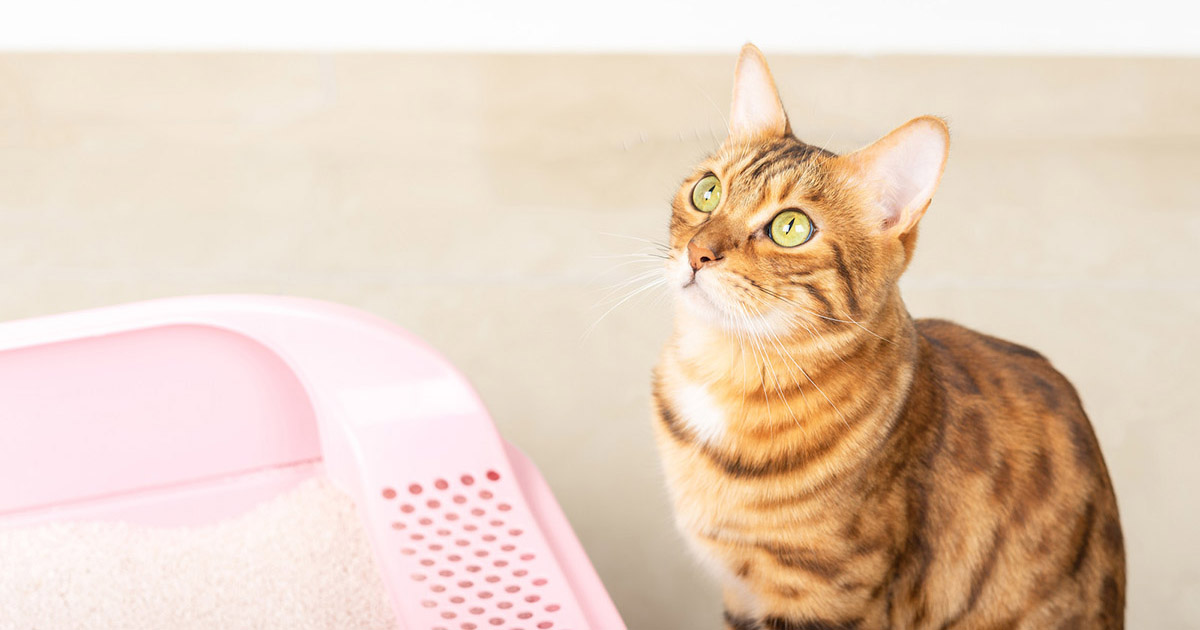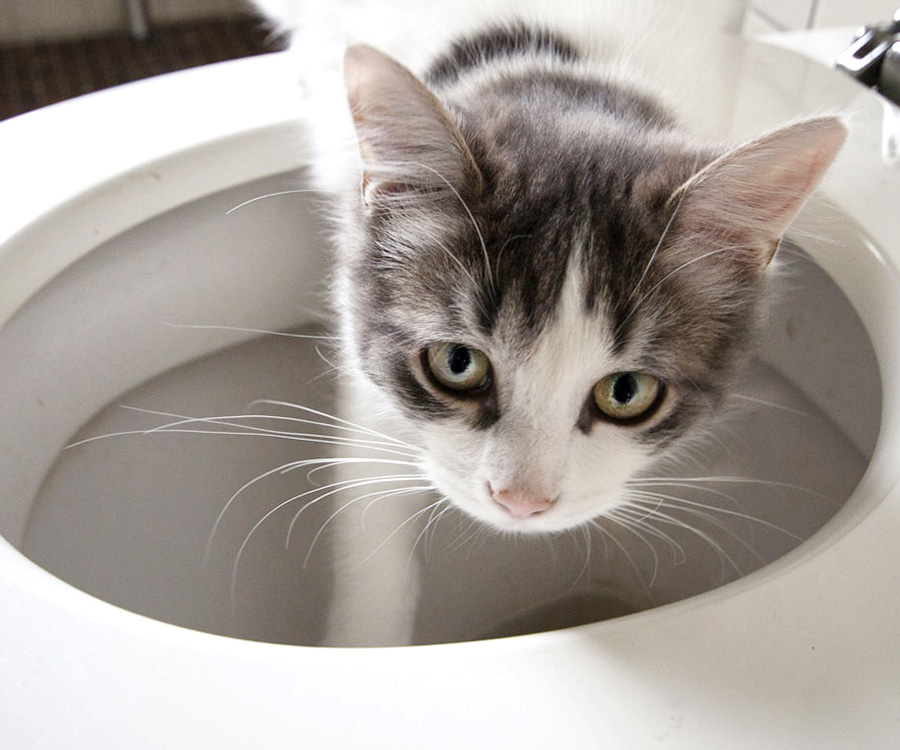On this page in the next paragraph you might get more dependable help and advice in relation to Can You Flush Cat Poo or Litter Down the Toilet?.

Intro
As pet cat owners, it's important to bear in mind how we take care of our feline buddies' waste. While it may seem convenient to flush feline poop down the bathroom, this method can have damaging repercussions for both the environment and human health.
Alternatives to Flushing
Fortunately, there are more secure and extra liable methods to get rid of cat poop. Take into consideration the following choices:
1. Scoop and Dispose in Trash
One of the most common approach of throwing away cat poop is to scoop it right into a biodegradable bag and toss it in the trash. Make certain to utilize a dedicated trash inside story and get rid of the waste promptly.
2. Use Biodegradable Litter
Select biodegradable pet cat clutter made from products such as corn or wheat. These clutters are environmentally friendly and can be safely thrown away in the garbage.
3. Bury in the Yard
If you have a yard, consider hiding cat waste in a marked location far from veggie gardens and water resources. Be sure to dig deep enough to prevent contamination of groundwater.
4. Mount a Pet Waste Disposal System
Invest in a family pet waste disposal system specifically made for feline waste. These systems use enzymes to break down the waste, decreasing smell and ecological impact.
Health and wellness Risks
Along with environmental concerns, flushing feline waste can additionally pose wellness dangers to human beings. Feline feces might consist of Toxoplasma gondii, a parasite that can create toxoplasmosis-- a potentially serious disease, particularly for expectant women and people with damaged immune systems.
Ecological Impact
Purging cat poop presents damaging pathogens and parasites into the water supply, positioning a substantial risk to aquatic environments. These impurities can adversely influence aquatic life and concession water quality.
Conclusion
Responsible pet ownership extends beyond providing food and shelter-- it additionally includes correct waste administration. By refraining from flushing feline poop down the commode and selecting alternate disposal techniques, we can reduce our environmental impact and shield human health and wellness.
Why Can’t I Flush Cat Poop?
It Spreads a Parasite
Cats are frequently infected with a parasite called toxoplasma gondii. The parasite causes an infection called toxoplasmosis. It is usually harmless to cats. The parasite only uses cat poop as a host for its eggs. Otherwise, the cat’s immune system usually keeps the infection at low enough levels to maintain its own health. But it does not stop the develop of eggs. These eggs are tiny and surprisingly tough. They may survive for a year before they begin to grow. But that’s the problem.
Our wastewater system is not designed to deal with toxoplasmosis eggs. Instead, most eggs will flush from your toilet into sewers and wastewater management plants. After the sewage is treated for many other harmful things in it, it is typically released into local rivers, lakes, or oceans. Here, the toxoplasmosis eggs can find new hosts, including starfish, crabs, otters, and many other wildlife. For many, this is a significant risk to their health. Toxoplasmosis can also end up infecting water sources that are important for agriculture, which means our deer, pigs, and sheep can get infected too.
Is There Risk to Humans?
There can be a risk to human life from flushing cat poop down the toilet. If you do so, the parasites from your cat’s poop can end up in shellfish, game animals, or livestock. If this meat is then served raw or undercooked, the people who eat it can get sick.
In fact, according to the CDC, 40 million people in the United States are infected with toxoplasma gondii. They get it from exposure to infected seafood, or from some kind of cat poop contamination, like drinking from a stream that is contaminated or touching anything that has come into contact with cat poop. That includes just cleaning a cat litter box.
Most people who get infected with these parasites will not develop any symptoms. However, for pregnant women or for those with compromised immune systems, the parasite can cause severe health problems.
How to Handle Cat Poop
The best way to handle cat poop is actually to clean the box more often. The eggs that the parasite sheds will not become active until one to five days after the cat poops. That means that if you clean daily, you’re much less likely to come into direct contact with infectious eggs.
That said, always dispose of cat poop in the garbage and not down the toilet. Wash your hands before and after you clean the litter box, and bring the bag of poop right outside to your garbage bins.
https://trenchlesssolutionsusa.com/why-cant-i-flush-cat-poop/

I discovered that post on How to Dispose of Cat Poop and Litter Without Plastic Bags when scouting around the web. In case you enjoyed our post plz be sure to share it. Thanks a lot for your time invested reading it.
Click Here